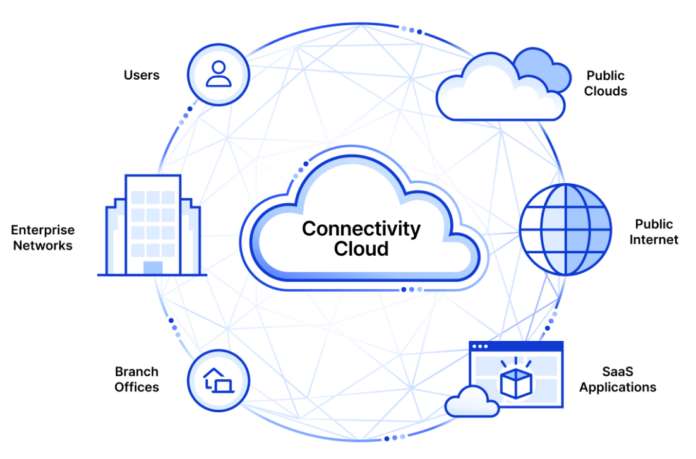Cloud giants are holding businesses captive but 96% of companies would find value in a connectivity cloud approach, according to a survey commissioned by Cloudflare.
In September 2023, Cloudflare commissioned Forrester Consulting to evaluate the IT and security ecosystem. Forrester conducted an online survey with 449 IT decision makers across North America, Europe, Asia-Pacific, and Latin America.
The study highlighted companies’ growing need to connect everything in their business, while maintaining control over their security, productivity, and competitive growth.
To help the industry address this emerging challenge, today Cloudflare is introducing the concept of the connectivity cloud – a unified platform of cloud-native services designed to help enterprises regain control over their increasingly complex and sprawling technology and data.
Cloudflare CEO Matthew Prince said that the big clouds have built business models on capturing your data, making it hard to move clients’ data.
“These captivity clouds will lure you in with one product, and make it near impossible to mix and match competitive offerings across the cloud space,” said Prince.
In the last several years, organisations across the globe have seen a dramatic increase in the adoption of more applications, often SaaS-based, to help teams efficiently and collaboratively operate in a hybrid work environment.
However, this has introduced new risks and challenges and led nearly 40% of organisations surveyed to agree or strongly agree that they are losing control over their IT and security environments.
Specifically, respondents ranked the top four factors that are contributing to the overall loss of control as an increase in the overall number of applications (66%), an increase in locations for applications (62%), the shift from on premise to cloud (54%), and the shift to remote/hybrid workforces (49%).
Findings show that IT and Security teams are now tasked with responsibilities to remain productive and compliant while managing an increasingly complex landscape — and a third of organisations say these new responsibilities weren’t in their purview five years ago.
For instance, 52% of IT and security teams were not responsible for ensuring security for all in-office, remote or hybrid workers five years ago, but are today.
Further, more than 40% are also now responsible for managing and securing applications in public cloud environments or managing and securing data in SaaS environments, despite not owning these areas five years ago.
These tasks are also becoming harder since 2020, with 30% of teams noting that managing and securing both public cloud environments, and data in SaaS environments, is significantly more complex today than ever before.
Further, IT and security leaders see their major challenges revolving around managing a growing business landscape while ensuring their team remains productive and secure.
Nearly half of firms surveyed see the growing number and types of users — spanning human, machine, and third party — as one of their top five challenges they face today.
The top five challenges also include the difficulty of maintaining or improving their team’s productivity (44%) and addressing growing attack surface areas (44%).
If not adequately addressed, these challenges are expected to have a direct impact on the customer experience, productivity, and their organisation’s competitive advantage.
Almost all (98%) of organisations agree that today’s businesses would gain value from a connectivity cloud that provides secure, performant, “any-to-any” connectivity — connectivity between more people, apps, data, devices, networks, and clouds — more now than ever before.
Nearly half of respondents believe this type of solution would accelerate digital transformation, while reducing attack surface area.
Almost three-fifths (58%) of leaders also believe this solution would increase productivity, 54% see it improving time to market, and 54% of businesses believe it would grow overall revenue.
















